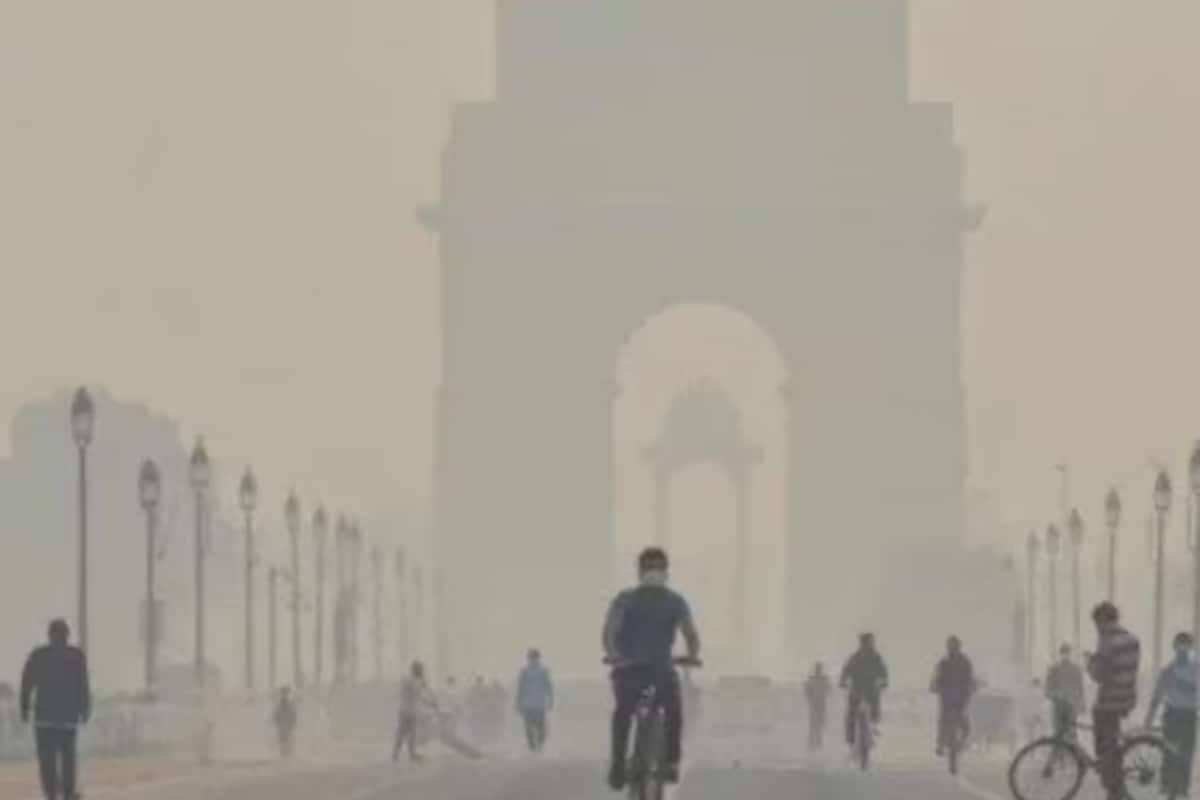Lifestyle
Air Pollution Fuels Rising Lung Cancer Cases Among Indians

Air pollution in India has emerged as a significant risk factor for lung cancer, affecting not only smokers but also non-smokers and younger individuals. As traffic congestion and unchecked industrial emissions escalate, millions inhale toxic chemicals and fine particles daily, often unaware of the long-term health consequences.
According to medical experts, the deteriorating air quality is contributing to a troubling increase in lung cancer diagnoses. “Declining air quality is becoming a serious hazard to lung function in India,” states Dr. Meghal Sanghavi, an oncosurgeon at Wockhardt Hospitals in Mumbai. She highlights that harmful substances such as nitrogen dioxide, sulfur dioxide, and particulate matter—particularly PM2.5 and PM10—can deeply penetrate the lungs, impairing immune function and promoting scarring that increases cancer risk.
For decades, smoking has been recognized as the primary risk factor for lung cancer. However, with rising air pollution levels, doctors report alarming trends among non-smokers. “Air pollution is becoming a major underpinning to the rising amount of lung cancer cases we see in India,” explains Dr. Anil Heroor, Director of Oncological Sciences at KIMS Hospitals in Thane. He emphasizes that while smoking remains a significant risk, air pollution poses a potentially greater threat to individuals who have never smoked.
The impact of air pollution is particularly severe in densely populated urban areas. Construction debris, traffic emissions, and industrial waste combine to create a hazardous atmosphere. “The risk becomes more pronounced in areas with high traffic and numerous industrial activities,” adds Dr. Sanghavi. She notes that even non-smokers are increasingly suffering from respiratory ailments, with a worrying rise in lung cancer cases among young people.
Despite the mounting evidence, early signs of lung cancer often go unrecognized. “Symptoms like cough, chest pain, or shortness of breath are frequently neglected until the disease reaches an advanced stage,” Dr. Heroor points out. This trend underscores the need for heightened awareness and early screening initiatives.
With air pollution now recognized as a formidable risk factor for lung cancer, the urgency for action is clear. Addressing this public health crisis requires the implementation of cleaner air programs, stricter environmental regulations, and increased public education on early detection and prevention.
The situation in India serves as a critical reminder that lung cancer is not solely a smoker’s disease. Communities across the nation must confront the realities of air quality and its impact on health, as the fight against lung cancer increasingly involves tackling pollution at its source.
-

 World5 months ago
World5 months agoSBI Announces QIP Floor Price at ₹811.05 Per Share
-

 Lifestyle5 months ago
Lifestyle5 months agoCept Unveils ₹3.1 Crore Urban Mobility Plan for Sustainable Growth
-

 Science4 months ago
Science4 months agoNew Blood Group Discovered in South Indian Woman at Rotary Centre
-

 World5 months ago
World5 months agoTorrential Rains Cause Flash Flooding in New York and New Jersey
-

 Top Stories5 months ago
Top Stories5 months agoKonkani Cultural Organisation to Host Pearl Jubilee in Abu Dhabi
-

 Sports4 months ago
Sports4 months agoBroad Advocates for Bowling Change Ahead of Final Test Against India
-

 Science5 months ago
Science5 months agoNothing Headphone 1 Review: A Bold Contender in Audio Design
-

 Top Stories5 months ago
Top Stories5 months agoAir India Crash Investigation Highlights Boeing Fuel Switch Concerns
-

 Business5 months ago
Business5 months agoIndian Stock Market Rebounds: Sensex and Nifty Rise After Four-Day Decline
-

 Sports4 months ago
Sports4 months agoCristian Totti Retires at 19: Pressure of Fame Takes Toll
-

 Politics5 months ago
Politics5 months agoAbandoned Doberman Finds New Home After Journey to Prague
-

 Top Stories5 months ago
Top Stories5 months agoPatna Bank Manager Abhishek Varun Found Dead in Well









